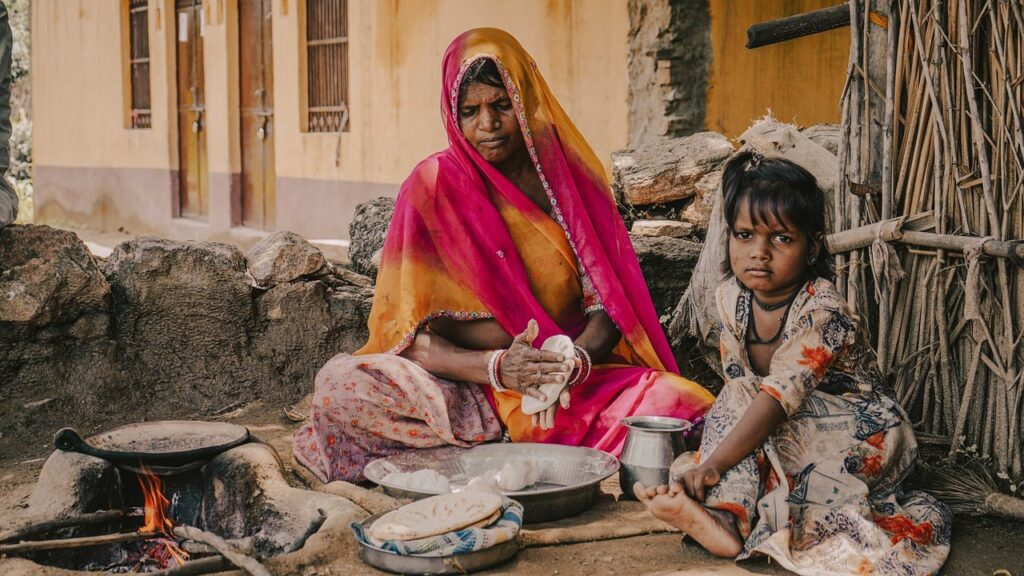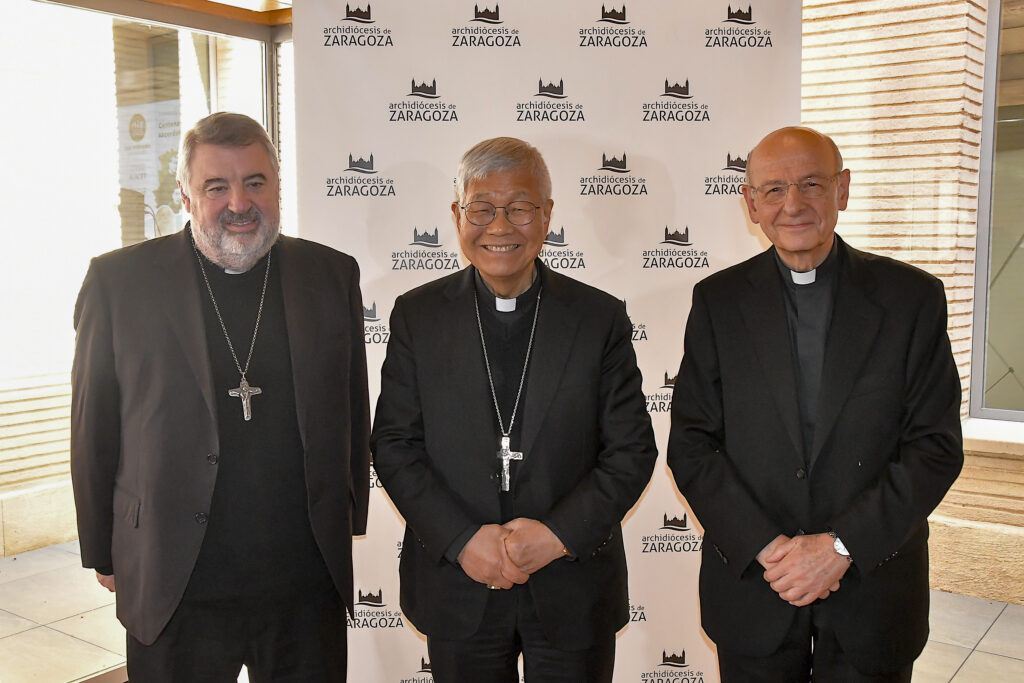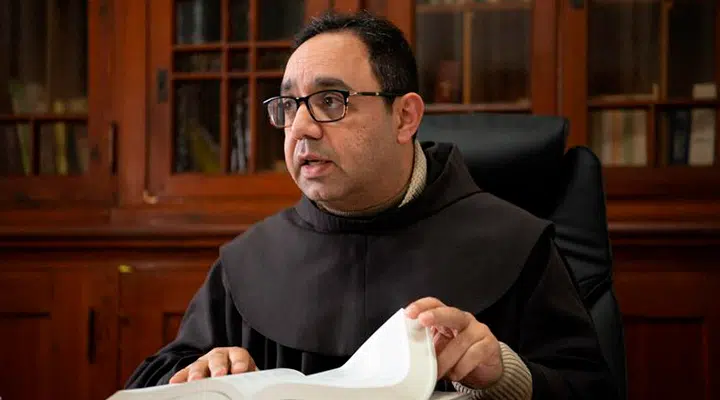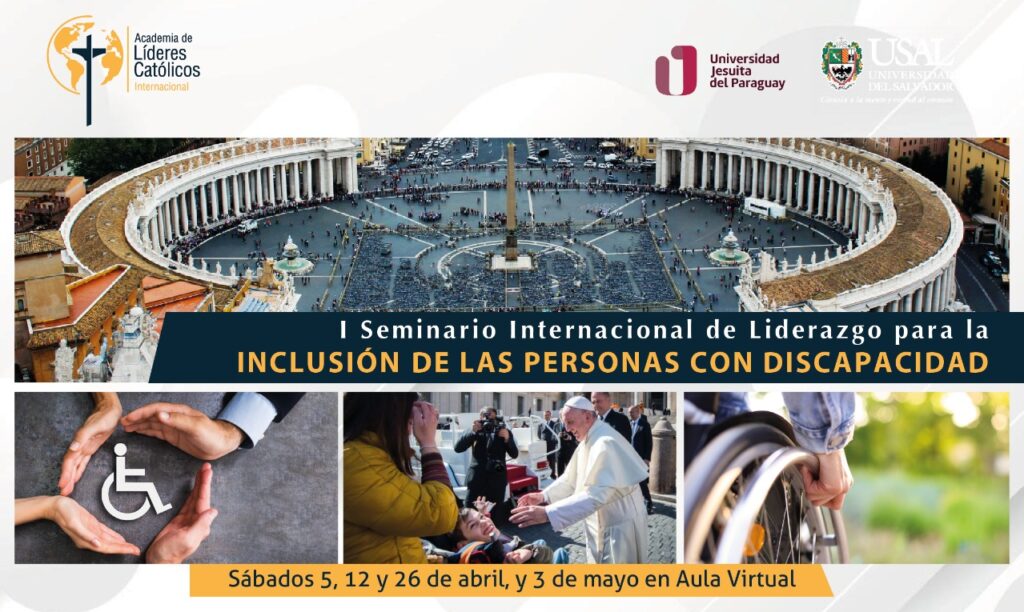Reflection by Monsignor Enrique Díaz: The Lord is always faithful to his word
XXXII Ordinary Sunday

Monsignor Enrique Díaz Díaz shares with the readers of Exaudi his reflection on the Gospel of this Sunday, November 10, 2024, entitled: “The Lord is always faithful to his word.”
***
I Kings 17, 10-16: “With the handful of flour, the widow made a loaf of bread and took it to Elijah”
Psalm 145: “The Lord is always faithful to his word”
Hebrews 9, 24-28: “Christ offered himself once to take away the sins of all”
Saint Mark 12, 38-44: “That poor widow has put more into the treasury than all”
A complaint and a praise spring from the lips of Jesus on this Sunday. In the face of the scribes who have perverted the meaning of the law, his rebuke comes loudly; on the other hand, the generosity of the widow, who with her two coins gives her life and all her possessions, appears bright. Jesus exposes the hypocrisy of the money that makes a lot of noise and the apparent goodness, the scribes; on the other hand, he praises the generosity of an offering that gives away everything one possesses. We have experienced this more than once: there are those who give ostentatiously and seek their own benefit; on the other hand, there are those who, having less, give everything with joy.
Jesus’ teachings start from life, sometimes looking at the positive, sometimes warning of attitudes that harm the lives of his disciples. Today Saint Mark presents Jesus to us highlighting the strong contrast that exists between the behavior of the scribes and that of the poor widow. Jesus knows how to see beyond appearances and makes us focus on men and women who, apparently, have nothing that draws attention. Sitting and watching, he does not miss the ostentation of the rich, nor does he miss the insignificant offering of the widow. The contrast is clear and Jesus shows himself as an implacable judge of those who flaunt their money, power and generosity and as an incorruptible defender of the poorest.
It would be interesting to know and talk with this poor widow about her needs, her desires. Why has she deposited everything she had left to live on in the piggy bank? But above all it would be very interesting to ask her what it means to have faith, what generosity means, virtues and attitudes in life that are intertwined and sustain each other. But I am afraid that she would not explain much to us: she lives them before explaining them. Perhaps she would tell us that it is up to the scribes to describe and explain these attitudes. They know a lot and explain it with nice words, she only gives the Lord everything she has, she is so poor that what else can she do? But she puts everything in the hands of the Lord. And that is where faith begins: to trust fully in God. Faith, above all, means not calculating, not making reservations, not taking precautionary measures. It means risking everything, without holding anything back as a guarantee. It means embarking on an adventure along a difficult path, without leaving any escape routes. Faith begins when we find ourselves empty-handed and put ourselves in God’s hands.
But the widow’s generosity is also the basis of solidarity. It is not about giving away what we have left over or no longer need; it is not about getting rid of the rubbish that clutters up our homes and that “maybe the other person” could use. It is not about helping others in a humiliating way, but about a commitment that promotes brotherhood. Following the example of Jesus, and also that of the widow, solidarity implies an exchange between equals, even if we possess different things; a giving of what gives life, a donation of our time and of everything that we are. One is generous not when one holds on to all one’s possessions in order to feel secure, but when one offers what one also needs. It is certainly a revolution in our thinking and in our ambitions, but Jesus’ proposal is revolutionary or it ceases to be true. Jesus does not propose mediocrity and indifference, he himself has given himself fully. There is another lesson that this poor widow leaves us: to do our tasks fully and not in mediocrity. There are many who are “surviving”, “getting by”, “letting themselves be carried by the winds”, but without living fully. If we contemplate Jesus, we discover him living and giving himself without measure, without calculations. Giving everything he has and giving himself entirely; emptying himself, annihilating himself and exhausting himself, with nothing for himself. That is why he gives himself in a loaf of bread: crushed, so that everyone may eat it and have life. Jesus makes visible the saying of our people: “good as bread”.
Today there are people who live like this. They like to let themselves be carried away by the explosion of their generosity, who fill every moment with their enthusiasm and joy, even if their pockets are empty. It is not a question of artificially fleeing from a crisis situation, but rather it is the only way to live the crisis in a Christian way: sharing in faith, in generosity, and not letting hope die. Only by uniting the little, almost nothing, that thousands of generous people have, will it be possible to create a new world. I know people who have been left with a bitter character by the crisis and poverty, and who have divided and put families in conflict; and I remember with admiration families who, thanks to an economic crisis, have discovered that they have many more values to share and that their love sustains and encourages them. Our contribution to a better world, our generosity, because it is so small, does not seem to solve serious problems, but it unleashes hope and the joy of doing, it keeps the embers of love alive. Acting on reality and changing it, even a little, is the only way to show that love conquers hatred, indifference and injustice.
Help us, Lord, to leave all our worries in your paternal hands and to dedicate ourselves with greater freedom and generosity to the construction of your Kingdom. Amen.
Related

Saint Josemaría, 100 Years of Priesthood: A Legacy That Transcends Borders
Exaudi Staff
28 March, 2025
2 min

Father Marwan: “The Holy Land needs pilgrims. We need their consolation”
Fundación CARF
27 March, 2025
4 min

Large families are once again concerned about the lack of support such as school lunch grants or access to preschools
Exaudi Staff
26 March, 2025
1 min

Call for Applications to the First International Leadership Seminar for the Inclusion of Persons with Disabilities
Exaudi Staff
25 March, 2025
2 min
 (EN)
(EN)
 (ES)
(ES)
 (IT)
(IT)

